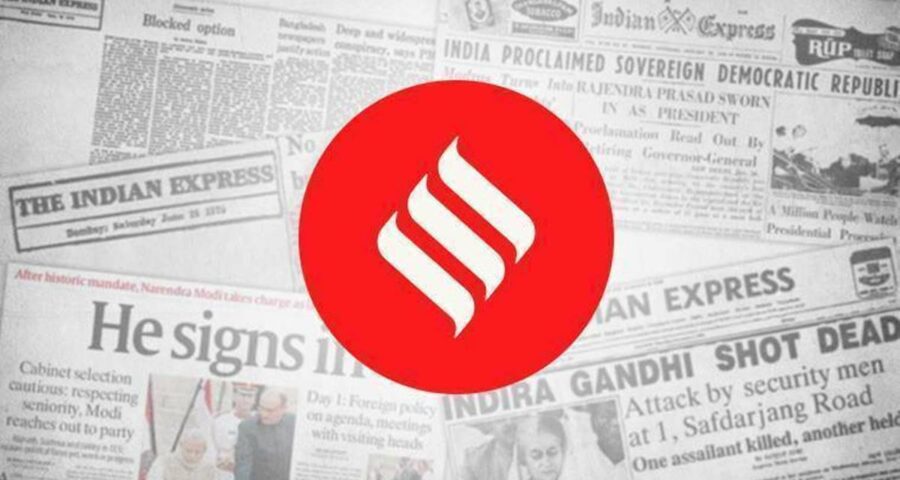Tripura CM’s bravado is a symptom of executive overreach. He must stay within his constitutional lane.
In a democracy, power flows from the people and elected governments act as custodians of the mandate. The political class, however, often thinks it can justify its own worst habits — from undermining constitutional norms to gagging dissent — in the name of the people. Tripura Chief Minister Biplab Kumar Deb’s speech to a gathering of civil servants on Saturday is an example of this kind of hubris. The BJP Chief Minister reportedly assured bureaucrats that they do not need to fear being hauled up for “contempt of court” — as the head of the executive, Deb claimed he stood between the bureaucracy and any penal action ordered by the judiciary. The threat of “contempt of court” was no “tiger” to be afraid of, he said; “I am the tiger”.
The bravado does not hide the sheer hollowness of this argument in a constitutional democracy. The executive is only one part of the government, it is accountable to the legislature, subject to the checks of the judiciary — and bound by the rules of the game enshrined in the Constitution. Of course, in Tripura, too, as in many other states, power is increasingly being centralised in the office of the chief minister, who holds multiple portfolios, and runs the state through a coterie of bureaucrats. Moreover, Deb has shown a maverick persona, often reckless about political niceties, even as he is seen to be a popular leader. But neither popularity nor his office must allow him to believe, or to project, that a check on executive powers is a curb on democratic authority. His office does not place him above the law. Deb is not alone in such excess and overreach, of course. The cult of the strong leader means that successes in the electoral fray are often sought to be weaponised by governments, to curb dissent and diminish countervailing institutions. The mandate is seen not just to legitimise rule by the majority — but as a licence for majoritarianism. In such a political model, the winner takes all, and leaves diminishing space for discussion and deliberation through the legislature, the imperative to build consensus on controversial laws, respect for minority rights and civil liberties.
When the executive seeks to appropriate excessive power, it is the judiciary’s duty and responsibility to raise the red flags, hold it to account and enforce constitutional principles and morality. By appearing to question the judiciary’s remit, the Tripura chief minister draws unflattering attention to himself and also does grave disservice to the high office he holds.
This editorial first appeared in the print edition on September 26, 2021 under the title ‘A hollow roar’.
Source: Read Full Article


